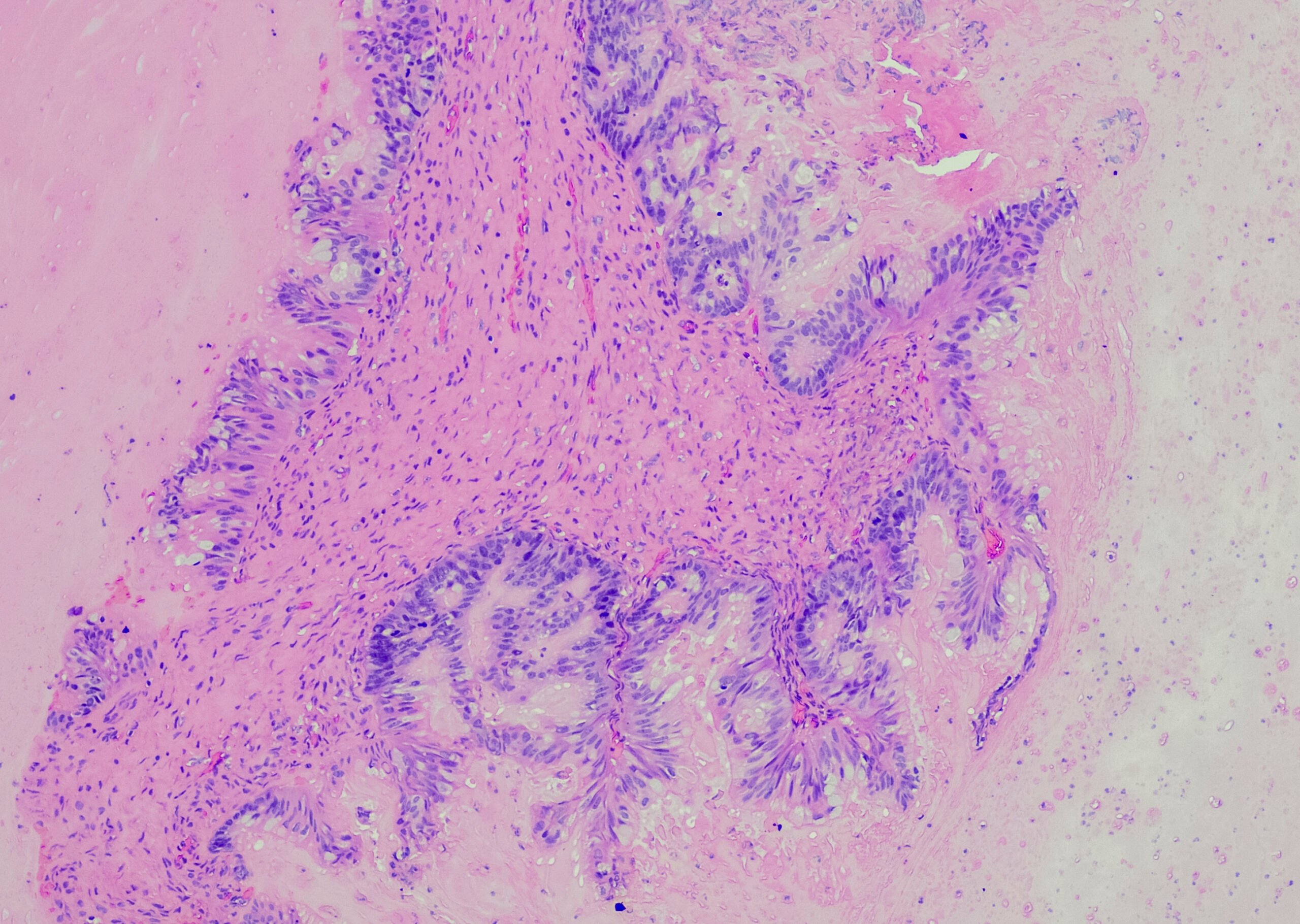Patients with diabetic nephropathy can now be effectively treated with SGLT2 inhibitors. They are also said to have cardioprotective effects. Dapagliflozin is now the first and only antidiabetic agent approved in Switzerland for the prevention of hospitalization for heart failure in patients with type 2 diabetes with or without cardiovascular disease.
For patients with chronic renal failure, especially those without type 2 diabetes, treatment options are limited. Here, SGLT2 inhibitors have proven effective in recent years. The phase III Dapagliflozin And Prevention of Adverse outcomes in Chronic Kidney Disease (DAPA-CKD) study of dapagliflozin (Forxiga®) in patients with chronic kidney failure (CKD) has now been terminated early following the recommendation of an independent data monitoring committee (DMC) based on established efficacy [1]. The primary endpoint of DAPA-CKD is composed of the components of worsening renal function or death (defined as composite endpoint of sustained decrease in estimated glomerular filtration rate [eGFR] by ≥50%, onset of end-stage renal failure [TNI], or cardiovascular [CV] or renal death) in CKD patients regardless of the presence of type 2 diabetes (T2D). Dapagliflozin was administered once daily as an add-on to standard of care. The decision to terminate the study early was made after a routine efficacy and safety assessment, in which the benefits of the SGLT2 inhibitor became apparent earlier than initially expected.
Extension of indication for heart failure
Approximately half of all patients with T2D develop heart failure during the course of their disease. Since it often starts early and progresses insidiously, it often goes unnoticed by those affected. However, the risk of hospitalization for heart failure is 33% higher in T2D patients than in nondiabetic patients. Therefore, the DECLARE-TIMI 58 (Dapagliflozin Effect on CardiovascuLAR Events) study assessed the effect of dapagliflozin on its cardiovascular safety [2]. It was shown that the SGLT2 inhibitor resulted in a significant relative risk reduction (RRR) of -17% (4.9% vs. 5.8%; HR 0.83 [95 % KI 0,73–0,95], p=0.005) in the combined primary endpoint “hospitalizations for heart failure and cardiovascular death”, and an RRR of -27% in the sole component of this endpoint “hospitalization for heart failure”. These data led to the extension of the indication by Swissmedic. This means that Forxiga® and the combination preparation XigDuo® XR are approved for the prevention of hospitalization for heart failure in patients with type 2 diabetes. The indication extension applies to patients with manifest cardiovascular disease as well as to patients without previous cardiovascular disease but with cardiovascular risk factors. Risk factors include age (men ≥50 years, women ≥60 years), dyslipidemia, hypertension, or nicotine use.
Source: AstraZeneca AG
Literature:
- Heerspink HJL, et al: Rationale and protocol of the Dapagliflozin And Prevention of Adverse outcomes in Chronic Kidney Disease (DAPA-CKD) randomized controlled trial. Nephrology Dialysis Transplantation 2020; 35(2): 274-282.
- Wiviott SD, et al: Dapagliflozin and Cardiovascular Outcomes in Type 2 Diabetes. N Engl J Med. 2019; 380(4): 347-357.
CARDIOVASC 2020; 19(2): 38











